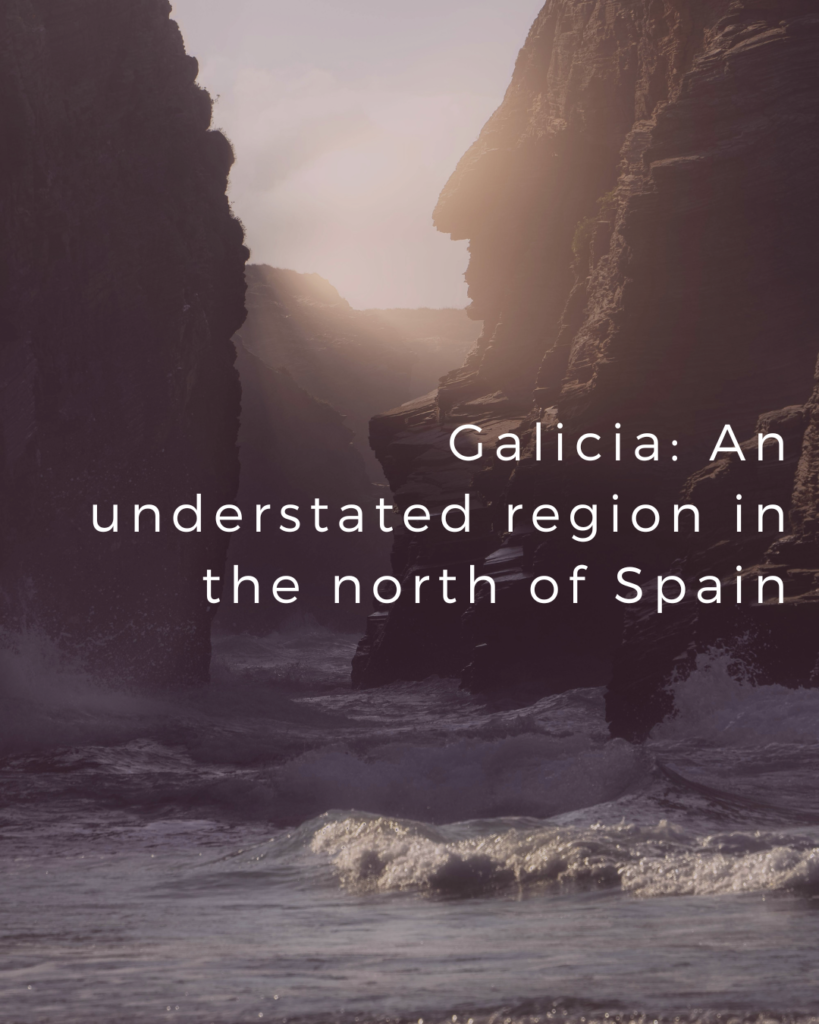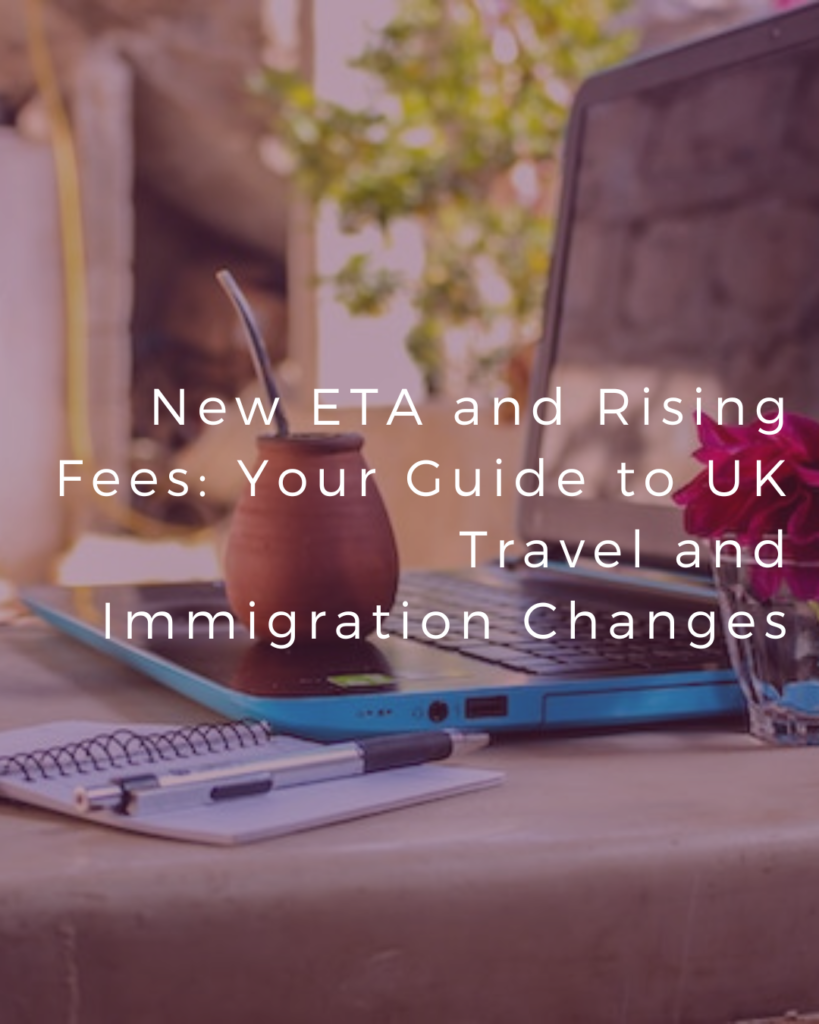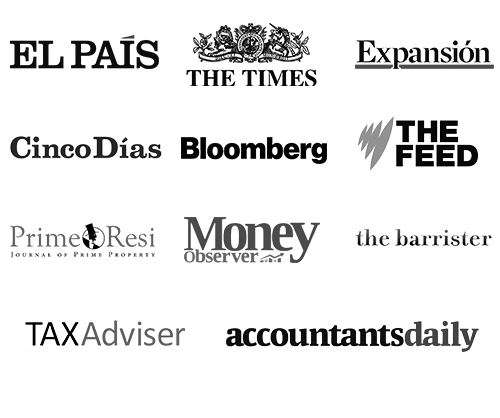
Decisions by the UK against illegal workers and it’s implications for businesses
Decisions by the UK against illegal workers and it’s implications for businesses. Recent talk within the legal and political realm has been centred around the Prime Minister’s remarks on the






